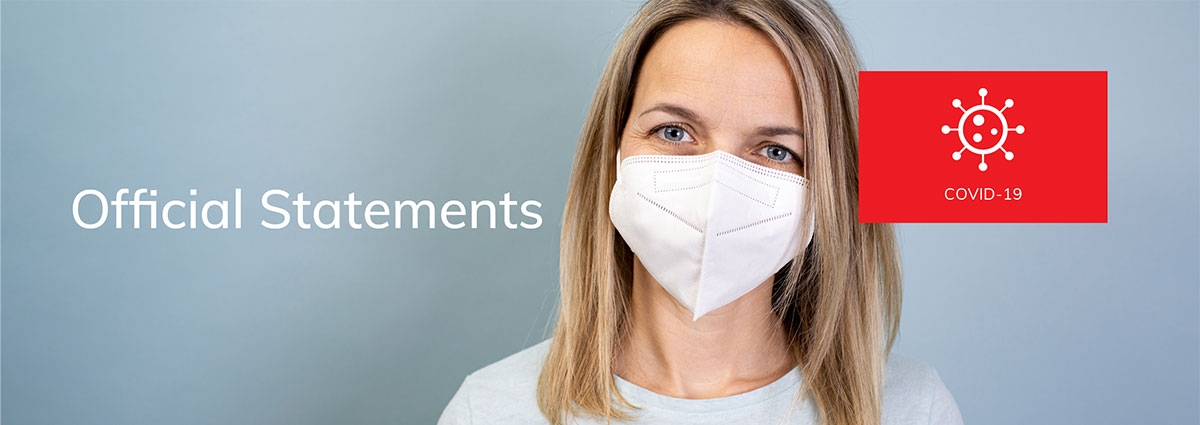
CLL Society Official Statements
Not everyone in the healthcare professions or the world at large understands how the pandemic can affect the immunocompromised. These official statements are here to help you explain the special needs and circumstances of the vulnerable CLL population. The needs of the CLL community are not always perfectly aligned with those of the general population. That is when CLL Society helps us to best navigate the pandemic on a personal level and to advocate for our best care at a societal level with our guidelines, white papers, and official statements.
The needs of the CLL community are not always perfectly aligned with those of the general population. Further, not everyone in the healthcare professions or the world at large understands how the pandemic can uniquely affect the immunocompromised. CLL Society’s Official Statements explain the special needs and circumstances of the vulnerable CLL population, offer our best analysis of the current challenges, as well as provide guidelines to stay protected and advocate for your best personal care.
RECENT NEWS
When appropriate, the CLL Society will be posting updates and background information on the present Coronavirus pandemic focusing on reliable primary sources of information and avoiding most of the news that is not directly from reliable medical experts or government and world health agencies.


